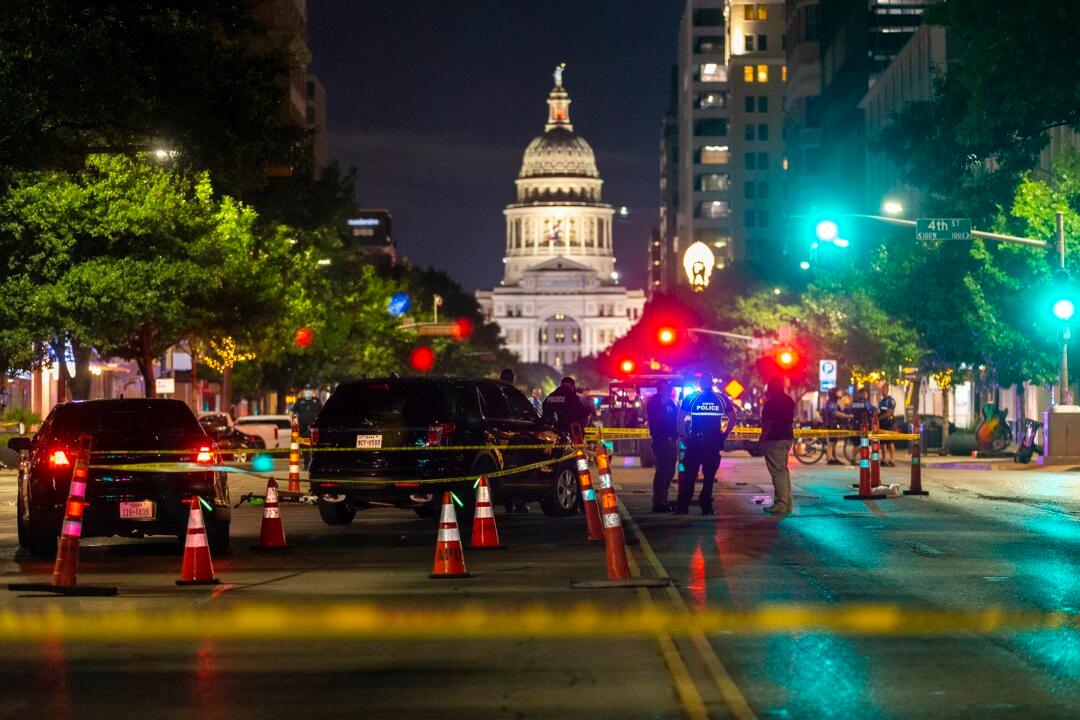The Texas Department of Public Safety (DPS) will resume its partnership with the City of Austin Police Department on July 2, after temporarily halting the collaboration.
The joint operation—which officials said helped improve safety, decrease traffic fatalities, and enable faster responses to calls for help in the capital city—began in March but ended in mid-May.




